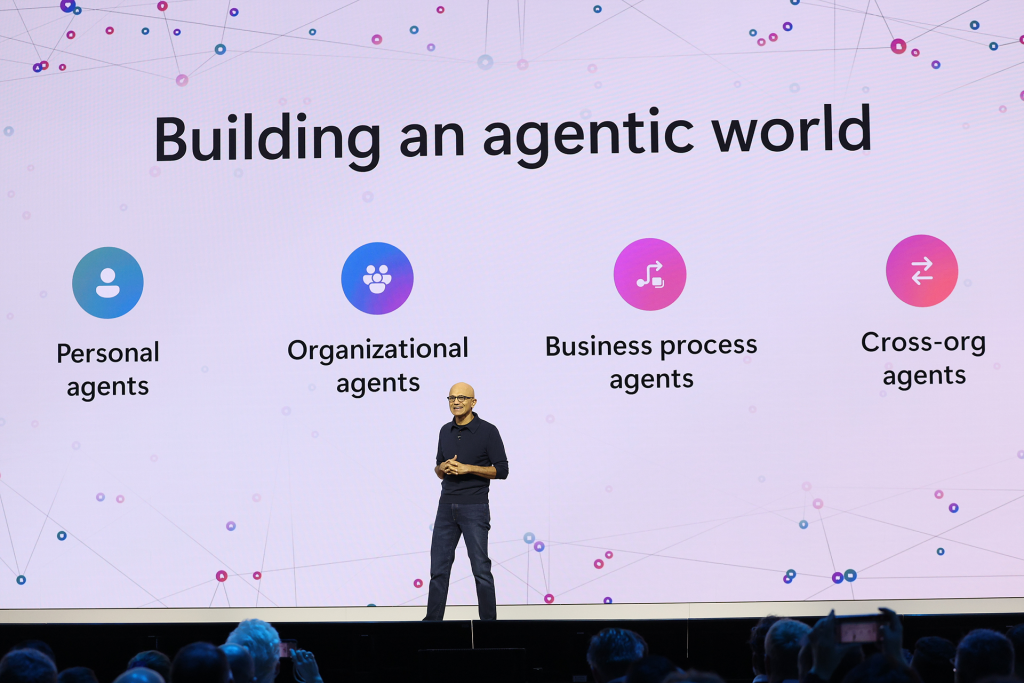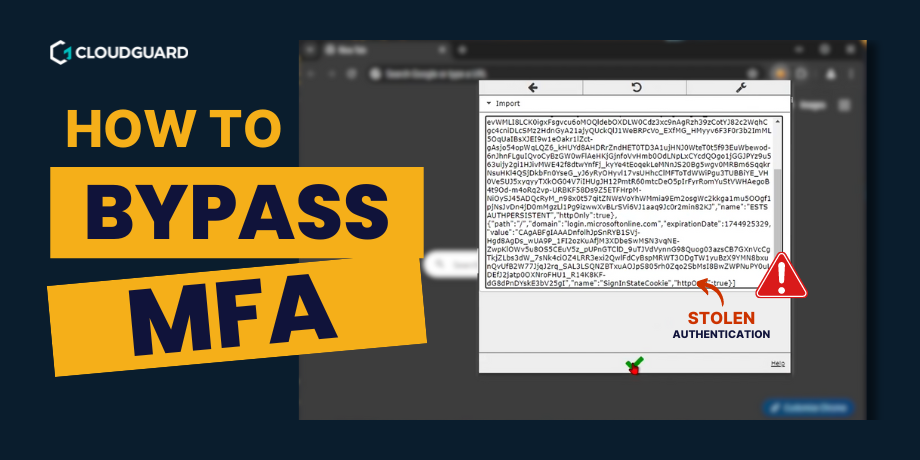When it comes to a cyber attack, your incident response is the real decider between a flash in the pan or a prolonged incident with serious consequences.
That’s why we’ve set out to explain the basics of cybersecurity incident response, including what it is, the risks of not having it and how we help businesses get better prepared.
What is cybersecurity incident response?
Cybersecurity incident response is your organisation’s structured approach to detecting, containing and recovering from security breaches.
It defines who does what, when they do it and how your team coordinates under pressure. Without a tested response plan, incidents spiral from manageable problems into business-threatening crises.
Strong incident response capability means faster containment, reduced damage and clear communication throughout the chaos. Your team needs documented procedures, defined roles and regular practice to respond effectively when attackers strike.
This is important for a host of different industries, including:
The cost of being unprepared
When your team faces a cyber incident without a clear plan, every minute adds pressure.
Decisions slow, communication breaks down and technical chaos quickly becomes business risk. In those moments, even experienced IT professionals can feel overwhelmed by uncertainty. Not because they lack skill but because they lack structure.
The impact of a successful cyber incident
- Operational paralysis
Ransomware attacks can halt operations entirely, leaving teams struggling to contain threats without direction or clarity. - Data exposure
Uncontrolled breaches leak sensitive customer information, leading to costly regulatory fines, lawsuits and long-term trust erosion. Book an exposure report to identify points of entry for hackers. - Decision-making chaos
Without predefined procedures, leadership argue over next steps while downtime and financial losses rapidly escalate. - Reputational damage
Public awareness of poor incident handling severely damages brand reputation and customer confidence in your security measures. - Escalating recovery costs
Forensic investigations, system rebuilds and extended downtime multiply costs far beyond the initial incident impact. - Uncovered weaknesses
Unclear roles, missing playbooks and untested processes reveal painful vulnerabilities only after a real attack occurs.
Even industry leaders are discovering the hard way that reputation and resilience collapse without preparation. Each major breach in the headlines reinforces the same truth: cybersecurity incident response defines survival.
IBM’s Cost of a Data Breach Report found the global average cost of a data breach has reached nearly $4.9 million, up 10% in a year – proof that inaction is now the most expensive choice a business can make.
The incident response lifecycle
Effective incident response follows six connected phases that form a continuous improvement cycle.
Preparation establishes your foundation with documented plans, trained teams and tested tools ready before incidents occur.
Detection and analysis identifies genuine threats amongst noise, determining scope and severity whilst gathering critical evidence.
Containment stops threat spread through immediate isolation actions that protect unaffected systems from compromise.
Eradication removes attacker presence completely, eliminating malware, closing access points and securing compromised credentials.
Recovery restores normal operations systematically, validating system integrity before reconnecting to production environments.
Lessons learned captures insights from every incident, strengthening defences and improving response capabilities for next time.
Benefits of strong incident response
Developing a mature incident response capability reshapes how your organisation manages and recovers from security events.
It enables faster action, stronger coordination and measurable improvements across every stage of response and recovery.
- Faster recovery minimises business disruption and restores critical systems quickly.
- Reduced damage limits data exposure, system compromise and operational impact through rapid containment.
- Lower legal and compliance risk demonstrates due diligence, helping reduce regulatory penalties and liability.
- Improved cyber resilience strengthens overall security posture through lessons learned from real-world testing.
- Greater team confidence ensures everyone understands their role and can act decisively under pressure.
- Clear performance metrics demonstrate the value and effectiveness of the security programme to leadership.
CloudGuard’s approach to incident response
We build incident response capabilities that work. Our focus is on practical, proven methods that hold up under pressure, not theoretical models that fail when it matters most.
A people-first approach ensures your team can act quickly and confidently without needing specialist skills.
We work alongside your team with hands-on support that turns plans into effective action. Our tool-agnostic planning fits your existing security stack, saving you from unnecessary replacements.
How we build your incident response capability
Our cybersecurity incident response workshops are designed to build lasting readiness and confidence. Each cybersecurity workshop focuses on practical improvement and measurable results.
Create a Response Plan to build from scratch with expert guidance. We help you define roles, procedures and communication flows, creating playbooks for ransomware, data breaches, phishing and insider threats.
Review & Optimise an Existing Plan that identifies gaps, strengthens coordination and aligns your processes with current best practice. We assess clarity, coverage and compliance to ensure readiness for evolving threats.
Test Through Realistic Simulations to experience real-world attack scenarios in safe, controlled tabletop exercises. Your team practices decision-making, coordination and communication under real pressure – so you’re ready when it matters most.
Get incident-ready with expert partnership
Your organisation cannot afford to wait until attackers test incident response capability the hard way. Breaches happen to prepared and unprepared organisations alike. The difference is how quickly you contain the damage.
CloudGuard works as your cybersecurity partner to build the plans, processes and confidence your team needs to respond effectively when seconds count. We strengthen capability that reduces chaos, accelerates recovery and demonstrates security maturity to stakeholders.
Build Stronger Incident Response
Frequently asked questions about cybersecurity incident response
How long does it take to build incident response capability? We create functional response capability in days, not months. Most organisations have documented procedures and trained teams ready to deploy within two to four weeks depending on complexity.
Do we need expensive tools to respond effectively? No. Strong incident response depends on clear procedures and practiced coordination more than expensive technology. We work with your existing security stack to build practical capability.
Can small teams handle incident response? Absolutely. Our approach scales to your team size and expertise. We build procedures that work for organisations with limited security resources and busy IT teams managing multiple priorities.











